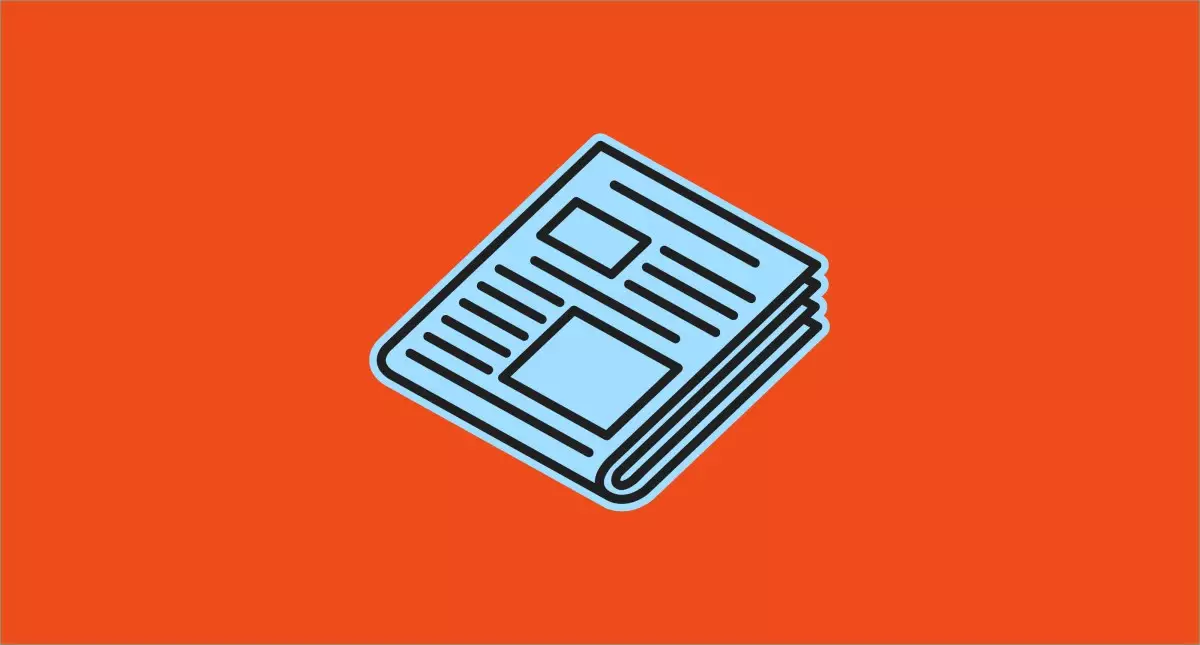As artificial intelligence continues to evolve, the tension between technological advancement and intellectual property rights is coming into sharp focus. Recently, a coalition of prominent Canadian news organizations, including the Toronto Star, the Canadian Broadcasting Corporation (CBC), and the Globe and Mail, has launched a lawsuit against OpenAI. The core of their grievance revolves around allegations that OpenAI’s ChatGPT has utilized copyrighted material from these media outlets to train its large language models without proper consent or compensation. This situation spotlights a critical issue at the intersection of media, technology, and copyright law, raising questions about the ethical use of information in an increasingly digital landscape.
The plaintiffs argue that OpenAI has engaged in what they deem “brazen misappropriation” of valuable intellectual property. They contend that the content produced by journalists, editors, and other personnel within these organizations represents significant investment in time and resources. Consequently, they assert that OpenAI has unjustly benefited from this labor by integrating it into their models for commercial purposes without permission. The lawsuit seeks to impose monetary damages and secure a court order that would prevent OpenAI from continuing to utilize their materials in this manner. This clash raises fundamental ethical queries about the rights of content creators in an age dominated by automated systems.
OpenAI’s ongoing legal challenges are not isolated to the Canadian media companies. It currently faces similar lawsuits from various notable entities, including The New York Times and numerous individual creators such as comedian Sarah Silverman. These simultaneous legal battles indicate a broader concern within the media and creative sectors about the potential for large-scale exploitation of their content. Despite OpenAI’s assertions that it has entered into licensing agreements with certain publishers, many media organizations feel neglected and argue they have not received any compensation for the use of their work.
In response to the allegations, OpenAI claims that its practices are rooted in fair use and that its models are primarily trained on publicly available data. A representative highlighted the platform’s potential for utility, stating it serves millions daily by fostering creativity and problem-solving. Furthermore, OpenAI asserts that it provides options for publishers to opt out of content usage, thereby engaging in what it describes as a collaborative approach with news organizations. Nevertheless, the dispute underscores the complexity of copyright law in the digital age, particularly as it pertains to machine learning technologies.
As this legal dispute unfolds, it emphasizes the pressing need for clearer guidelines surrounding copyright and artificial intelligence. The stark divide between innovation and the rights of original creators will require robust dialogue and potentially new legislative frameworks to ensure a fair and balanced relationship. The outcome of such lawsuits could set significant precedents, either affirming or challenging the current understanding of copyright in the context of rapidly evolving technologies. For content creators, the stakes have never been higher as they navigate the swirling uncertainties of digital copyright in a world increasingly driven by artificial intelligence.

